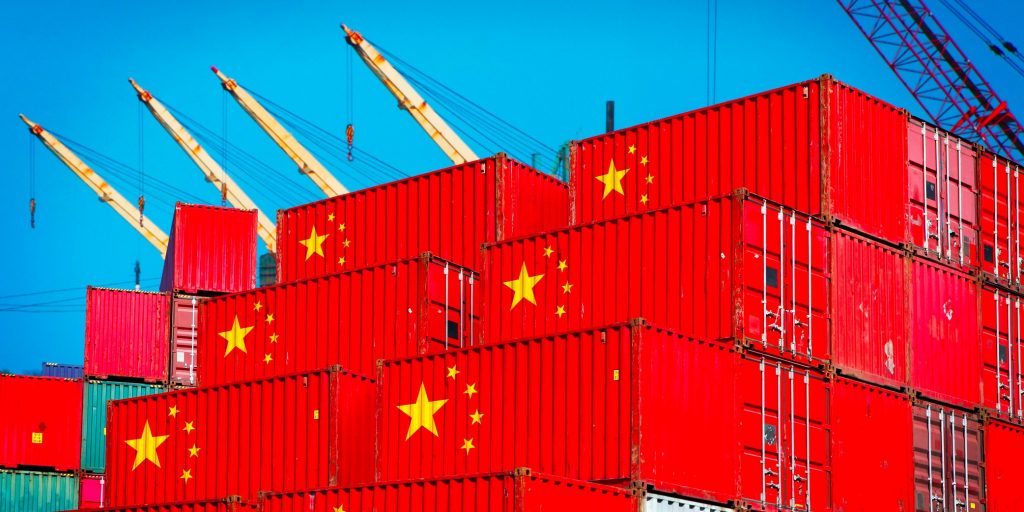The explosive growth in the U.S. trade deficit that came from China joining the World Trade Organization cost an estimated 3.4 million jobs, according to a new report released Tuesday.
The study of the impact in the growth in the trade deficit between 2001 and 2017, published by the Economic Policy Institute, showed that it hit the manufacturing sector in particular, where 74% of those jobs were lost.
 It is especially significant that the majority of jobs displaced were within the manufacturing sector, said Robert Scott, a co-author of the report and the director of trade and manufacturing policy research at EPI. “Workers who are displaced from manufacturing jobs tend to drop out of the labor force,” he said. While the reduced demand for domestically produced goods resulted in job losses across the country, the report finds that the 10 hardest-hit states ranked by job shares displaced were New Hampshire, Oregon, California, Minnesota, North Carolina, Rhode Island, Massachusetts, Vermont, Wisconsin, and Texas.
It is especially significant that the majority of jobs displaced were within the manufacturing sector, said Robert Scott, a co-author of the report and the director of trade and manufacturing policy research at EPI. “Workers who are displaced from manufacturing jobs tend to drop out of the labor force,” he said. While the reduced demand for domestically produced goods resulted in job losses across the country, the report finds that the 10 hardest-hit states ranked by job shares displaced were New Hampshire, Oregon, California, Minnesota, North Carolina, Rhode Island, Massachusetts, Vermont, Wisconsin, and Texas.
There were job losses in every single state and congressional district. The 17th district in California — represented by Rep. Ro Khanna, smack in the middle of Silicon Valley — was the hardest hit, with an estimated 59,500 jobs displaced.
 Not surprisingly, the trade deficit in the computer and electronic parts industry grew the most, resulting in 1.2 million jobs lost.
Not surprisingly, the trade deficit in the computer and electronic parts industry grew the most, resulting in 1.2 million jobs lost.
The 3.4 million number was calculated by first estimating the amount of labor needed to produce a given volume of exports, and then the labor displaced when imports are substituted.
While some regions have been devastated by layoffs and factory closings, others just aren’t growing as fast as they otherwise could have, the report contends.
“China’s economy is slowing and the only thing keeping them alive is exports,“ Scott said. “If we eliminate the trade deficit which I think we can do, we would end up hiring more in high tech industries.”
On the flip side, after China joined the WTO in 2001, U.S. consumers benefitted from lower prices of imported goods. Manufacturing prices dropped by 7.6 % as a result of China’s WTO entry between 2000 and 2006, according to a July 2018 report published by the Federal Reserve Bank of New York.
There is no question that some jobs have been lost a result of the lower prices of goods that were imported, said Andy Rothman, a former a former U.S. diplomat in Beijing who’s currently an investment strategist at Matthews Asia, a privately owned firm which specializes in investing in Asia. “The biggest problem is we as a nation didn’t do a good job at helping people with the adjustment.”
“President Kennedy knew trade would create winners and losers and made the Trade Adjustment Assistance Act to help displaced workers,” he said. “Congress has not adequately funded the program compared to countries like Germany.”













